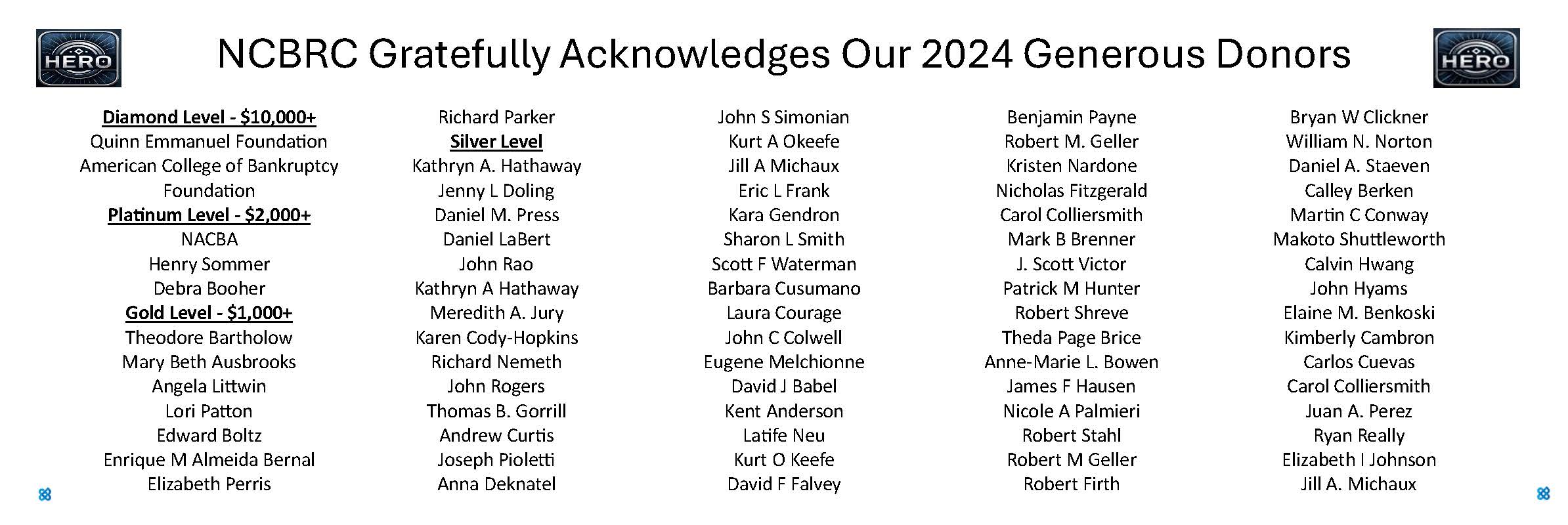Welcome to the National Consumer Bankruptcy Rights Center (NCBRC). We are dedicated to protecting the rights of consumer debtors in bankruptcy appeals, ensuring fair and just treatment within the legal system. Our mission is to advocate for a balanced approach to bankruptcy law, providing support and resources for consumers and attorneys alike. Together, we strive to uphold the integrity of the bankruptcy process for individuals seeking a fresh financial start.
Latest Posts
Fourth Circuit Affirms Post-Discharge Protections: Koontz Decision Preserves FDCPA Rights for Bankruptcy Debtors
In a major victory for consumer bankruptcy debtors and their advocates, the U.S. Court of Appeals for the Fourth Circuit reversed a troubling lower court decision in Koontz v. SN Servicing Corporation, holding that a mortgage servicer’s post-discharge collection efforts could still be subject to the Fair Debt Collection Practices Act (FDCPA), even where the…
Does Equitable Mootness Prevent Debtors from Appealing Confirmed Chapter 13 Plans?
The Fourth Circuit is set to decide a significant issue in Cook v. Gorman, a case that could determine whether the doctrine of equitable mootness prevents debtors from appealing the confirmation of a Chapter 13 repayment plan. At the heart of the case is whether equitable mootness—commonly used to dismiss appeals in complex Chapter 11…
Ninth Circuit Holds that SSA Cannot Automatically Recoup Overpaid Benefits from a Bankrupt Beneficiary
The Ninth Circuit has issued a significant ruling in In re Cooper, reversing the Bankruptcy Appellate Panel’s (BAP) decision that allowed the Social Security Administration (SSA) to recoup overpaid Social Security Disability Insurance (SSDI) benefits from a debtor who had received a bankruptcy discharge. The court’s decision strengthens the protections afforded to debtors under the…


